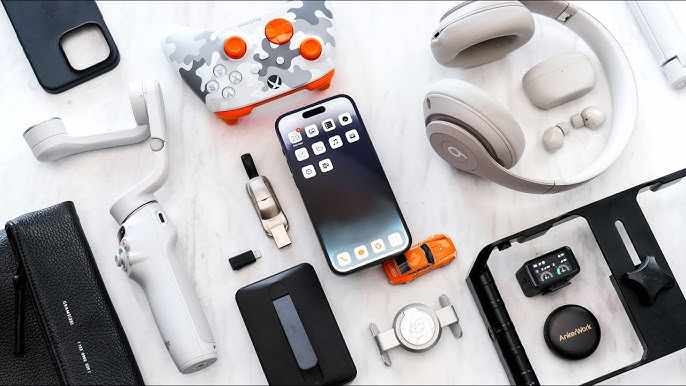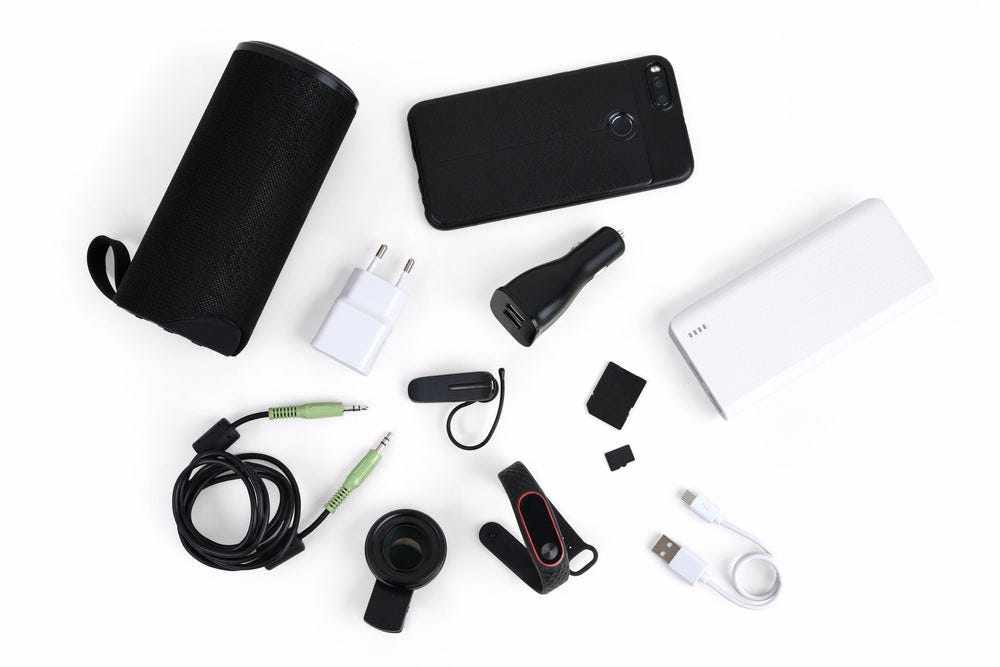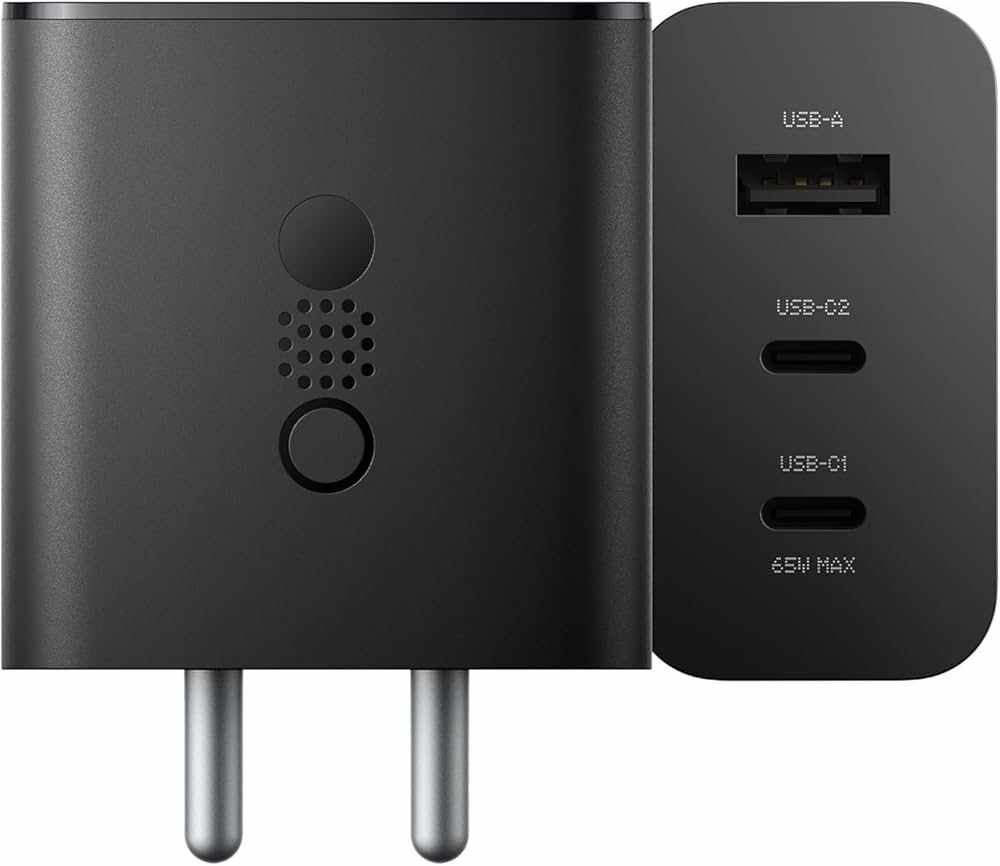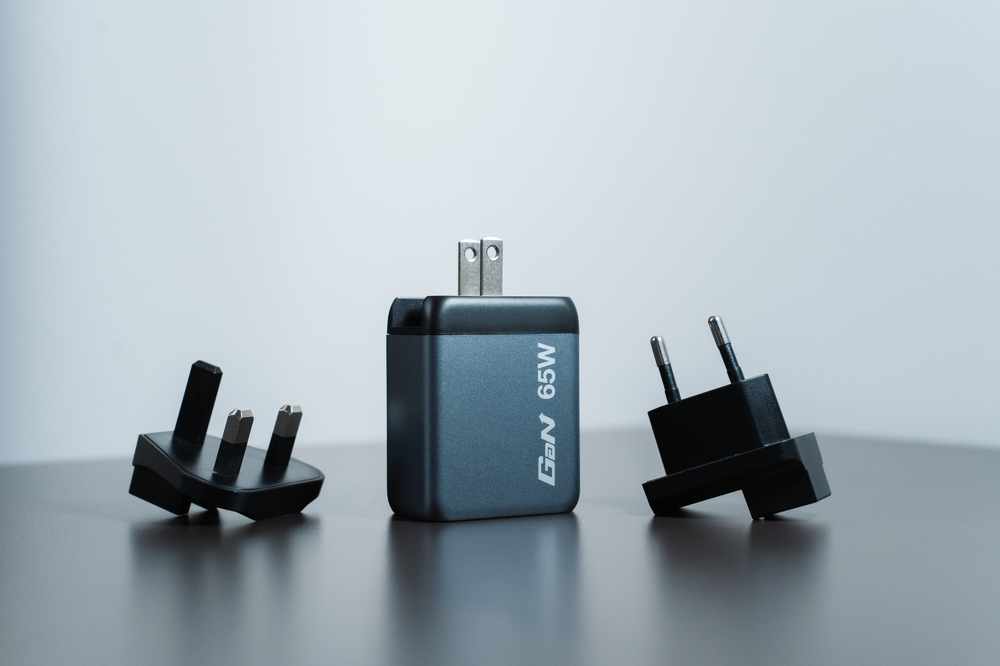
Introduction:
The Turkey Mobile Phone Accessories Market is experiencing significant growth, driven by evolving consumer preferences, increasing smartphone penetration, and technological advancements. As Turkish consumers become more tech-savvy, their demand for high-quality, smart, and sustainable accessories is shaping the industry. This article explores key consumer behavior trends, purchasing patterns, and market dynamics in Turkey’s mobile phone accessories sector.
Overview of Consumer Behavior in Turkey’s Mobile Accessories Market
With over 80 million mobile users, Turkey has a dynamic and diverse consumer base that influences the accessories market. Several factors impact buying behavior, including price sensitivity, brand loyalty, product durability, and online shopping trends. Understanding these preferences helps manufacturers and retailers align their offerings with market demand.
Key Factors Influencing Consumer Behavior
1. Smartphone Penetration – As smartphone usage grows, the demand for compatible accessories also increases.
2. Brand Awareness and Loyalty – Turkish consumers show strong brand loyalty to Apple, Samsung, Xiaomi, and local brands.
3. E-Commerce Growth – Online shopping platforms such as Trendyol, Hepsiburada, and N11 have transformed purchasing habits.
4. Affordability vs. Quality – Many buyers seek a balance between premium features and cost-effectiveness.
5. Sustainability Concerns – Eco-conscious consumers are showing interest in recyclable, biodegradable, and energy-efficient accessories.
Consumer Preferences in Mobile Phone Accessories
1. Demand for Wireless and Smart Accessories
Turkish consumers are shifting toward wireless and AI-powered accessories that enhance convenience. Popular choices include:
· Bluetooth Earbuds and Wireless Headphones – Products like Apple AirPods, Samsung Galaxy Buds, and JBL wireless headphones are top sellers.
· Wireless Chargers and Power Banks – Consumers prefer fast-charging, compact, and travel-friendly charging solutions.
· Smart Wearables – The popularity of fitness bands and smartwatches continues to rise among health-conscious users.
2. Online Shopping vs. Physical Stores
· E-commerce Dominance – Online platforms offer better prices, promotions, and a wider variety of accessories.
· Physical Store Experience – Many buyers still prefer visiting technology stores to test products before purchasing.
· Influence of Reviews and Ratings – Consumers rely on online product reviews, influencer recommendations, and brand reputation before making decisions.
3. Aesthetic and Protective Accessories
Consumers are increasingly customizing their devices with stylish and durable accessories, including:
· Phone Cases – Fashion-forward buyers prefer trendy silicone, leather, or customized cases.
· Screen Protectors – High demand for tempered glass and anti-blue light screen protectors to protect their devices.
· Gaming Accessories – Mobile gamers are investing in gaming controllers, cooling fans, and high-speed charging cables.
4. Sustainable and Eco-Friendly Products
There is a growing demand for accessories that align with sustainable and eco-friendly practices. This includes:
· Biodegradable Phone Cases – Made from plant-based materials to reduce environmental impact.
· Solar-Powered Chargers – An emerging trend among eco-conscious users.
· Minimalist Packaging – Consumers prefer brands that reduce plastic use and adopt recyclable packaging.
5. Budget vs. Premium Segments
· Budget-Conscious Buyers – Many consumers seek affordable accessories that provide good value for money.
· Premium Market – High-income users are willing to spend more on luxury brands like Apple, Bose, and Sony for superior quality and features.
· Mid-Range Appeal – Brands like Xiaomi, Anker, and Baseus offer cost-effective accessories that bridge the gap between budget and premium segments.
Emerging Trends in Consumer Behavior
1. Growing Popularity of Subscription Models – Consumers are subscribing to accessory upgrade programs, especially for smartwatches and wireless earbuds.
2. Rise of AI-Integrated Accessories – AI-powered headphones, voice assistants, and smart chargers are gaining traction.
3. Personalization and Customization – Buyers prefer engraved cases, LED-lit accessories, and interchangeable smartwatch bands.
4. Increased Demand for Multi-Functional Accessories – Consumers want products that serve multiple purposes, such as hybrid phone stands and wireless charging pads.
Conclusion
Consumer behavior in Turkey’s mobile phone accessories market is shaped by technological advancements, affordability, brand loyalty, and sustainability awareness. As the market evolves, businesses must adapt to these trends by offering innovative, high-quality, and eco-friendly products. Understanding and catering to these preferences will be key to success in Turkey’s fast-growing mobile accessories sector.










Write a comment ...